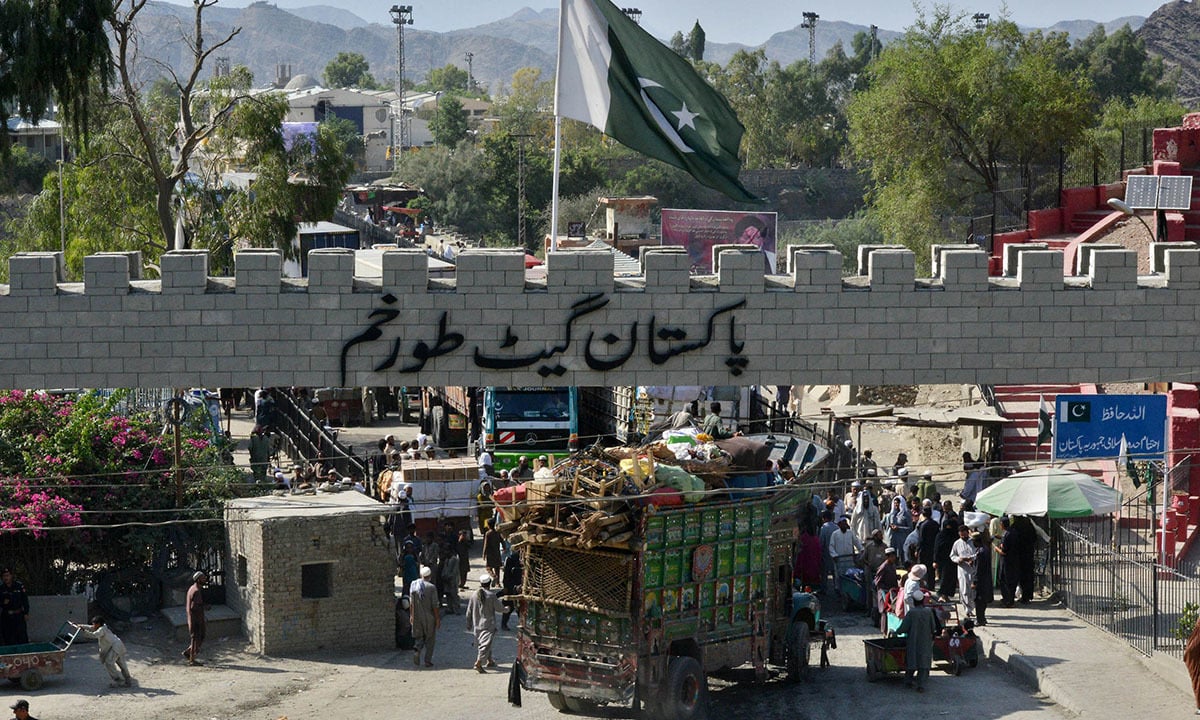
It is raining on March 8, 2017 at the Torkham border post on the Pakistan-Afghanistan border. Half a dozen women and some children are sitting in an office compound out in the open. A security official approaches them and orders them to vacate the place that houses the offices of the paramilitary Frontier Corps, the tribal militia Khyber Khasadar Force and the civilian administration of Khyber Agency, the tribal area where the post is situated. He wants them to move to the Afghan side of the border. They all request him to let them remain on the Pakistani side.
One of them, Deeba, 29, is adamant. Clad in a shuttlecock burqa and crying incessantly, she insists: “I won’t go back to Afghanistan, come what may!” A resident of Khwar Nabi, a village in Khyber Pakhtunkhwa’s Swabi district, Deeba is carrying her Pakistani Computerised National Identity Card (CNIC) with her. A few weeks earlier, she went to Jalalabad, the capital of Afghanistan’s Nangarhar province about 70 kilometres to the west of Torkham, to attend a family event at the house of her sister who is married to an Afghan. Before Deeba could return home, a blast at the shrine of Lal Shahbaz Qalandar in Sehwan on February 16 killed over 70 people, and Pakistan stopped all cross-border movement at Torkham, blaming the blast on terrorists who had come from Afghanistan.
By March 7, people and vehicles waiting to cross over stretched for kilometres on both sides of the border. Pakistan temporarily lifted the ban for a couple of days to let them pass. When Deeba came to know about the border opening, she rushed to Torkham along with her three children, including a two-month-old baby, but was stopped at the border post and told that she could not enter her own country because she had not left for Afghanistan with a visa. She protested that nobody had asked her for a visa when she went to the other side. Border guards had only looked at her CNIC and allowed her to exit Pakistan.
Stranded at Torkham, Deeba and her children, along with many others like them, spend a freezing night between March 7 and March 8 without proper shelter. The next day, they are neither willing nor equipped to pass another cold night in the open. “You have the power to kill me by opening fire with the gun you are holding,” she challenges the security official telling her to leave the compound. “But I won’t go back to Afghanistan.”
This is an excerpt from the Herald's September 2017 cover story. To read more subscribe to the Herald in print.







